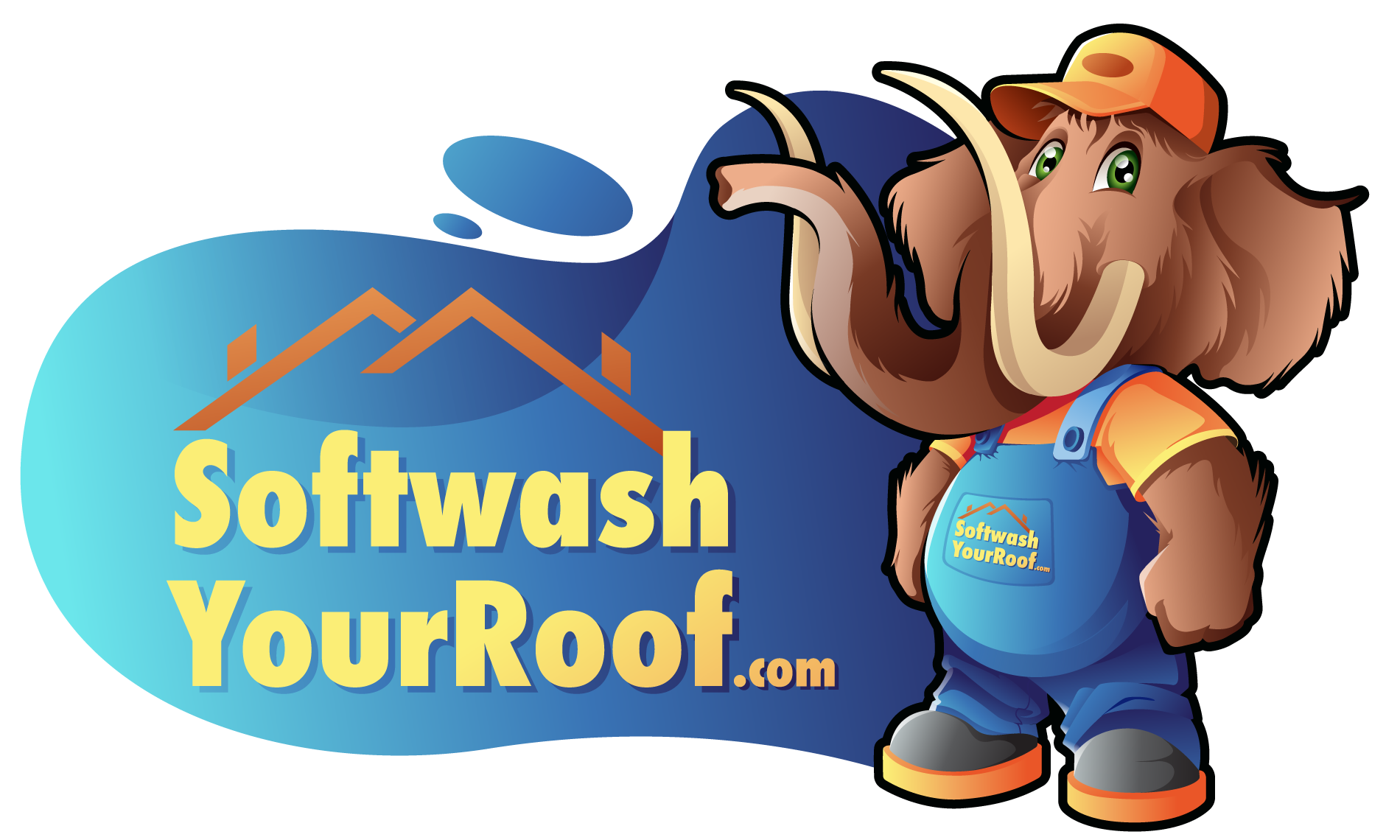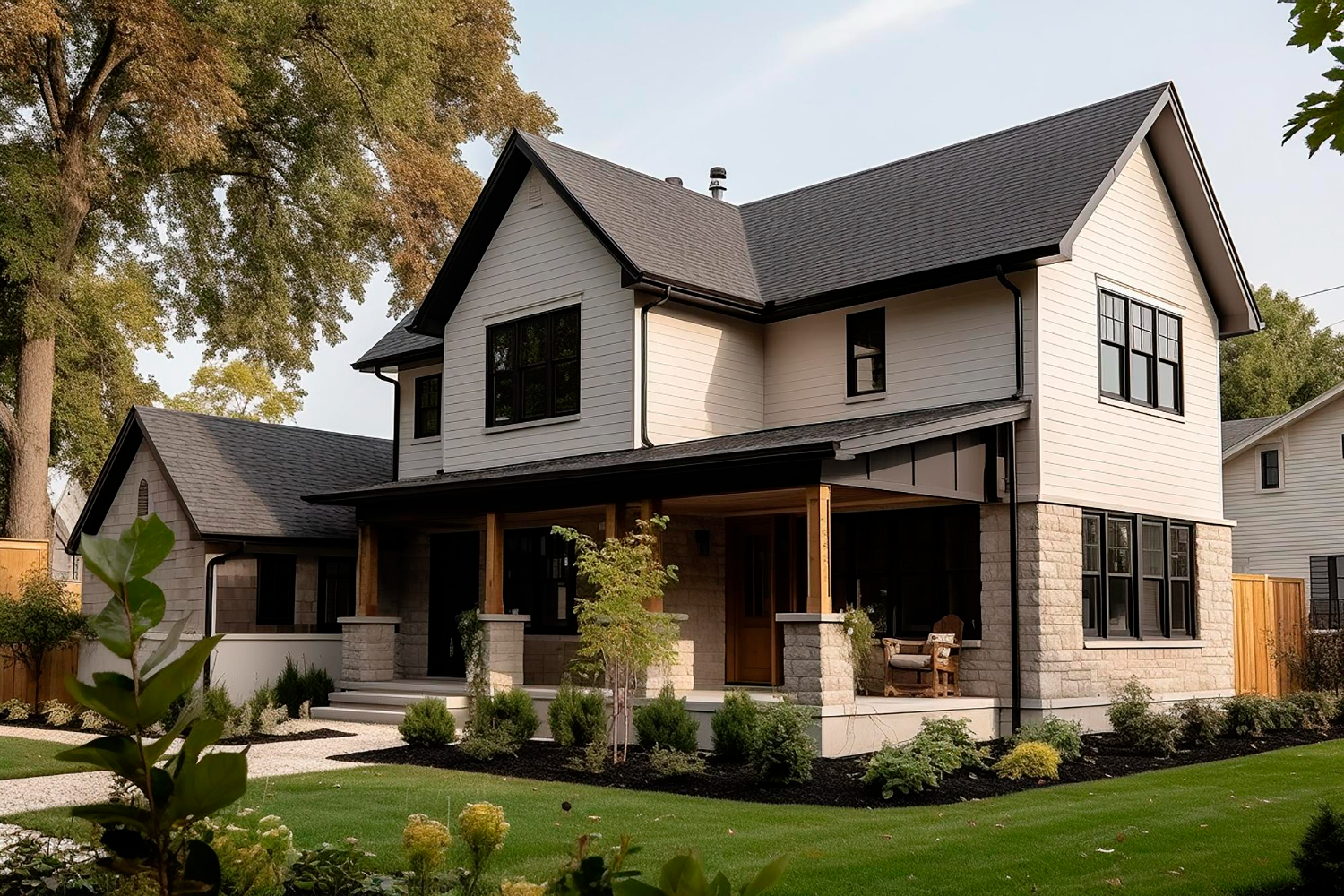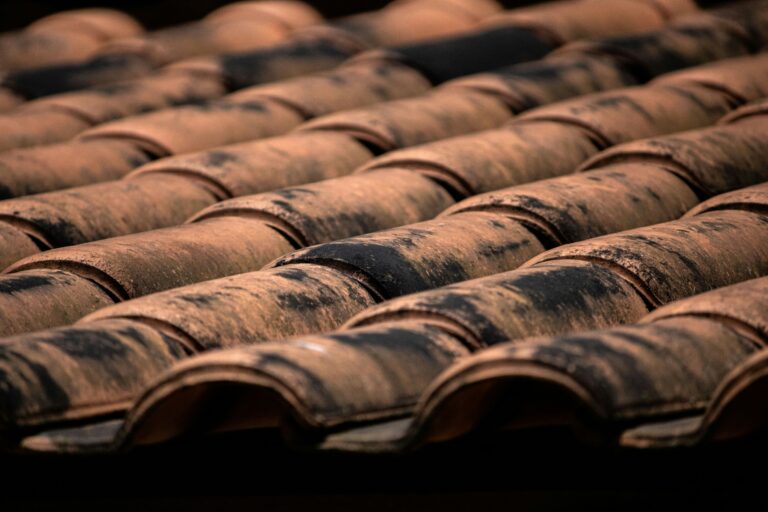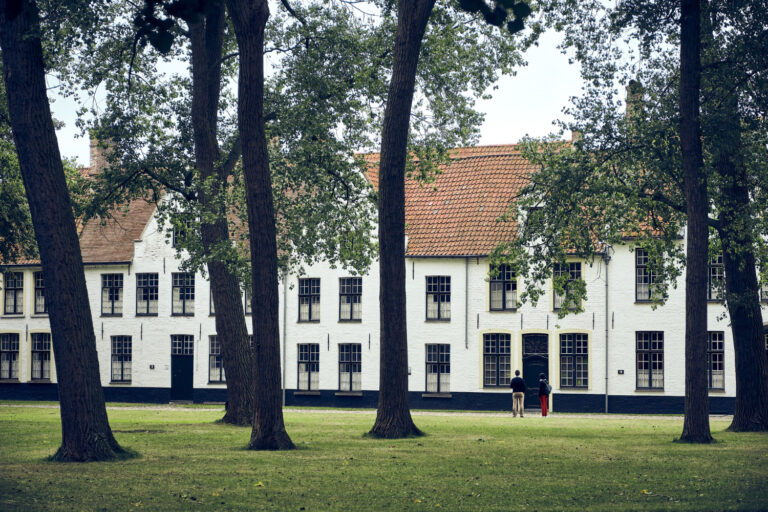Say Goodbye to Damage: Discover Why Soft Washing is the Ultimate Solution!
Why Soft Washing is the Gentler Cleaning Method Explained
In our sunny Miami homes, keeping our exteriors clean is not just a matter of pride but also preservation. That's why I'm excited to talk about the soft washing gentle method, a cleaning service that stands out for its effectiveness and gentleness. Unlike traditional methods, soft washing promises thorough cleanliness without harsh impacts, making it the preferred choice for savvy homeowners. It's not just about aesthetics; it's about extending the life of our homes in the most gentle way possible. And the best part? Soft washing is a hassle-free and convenient solution, giving you more time to enjoy your beautiful home.
In this article, we'll delve into the science behind soft washing, comparing it directly with pressure washing to highlight its advantages. We'll explore the benefits of soft washing for your home, from its gentle approach to its long-lasting effects. Whether you're considering cleaning services for your Miami home or simply curious about this method, rest assured that our professional expertise in soft washing ensures you're getting the most accurate and reliable information. Join us as we uncover practical applications and why soft washing is the superior cleaning method.
The Science Behind Soft Washing
Understanding the Low-Pressure Approach
Soft washing is a gentle cleaning method that uses low-pressure water combined with specialized solutions. These solutions typically contain bleach, surfactants, and algaecides. They remove organic stains and buildup without the harshness of high pressure. This method is ideal for cleaning fragile surfaces that could be damaged by high-pressure washing. The process involves applying the cleaning solution to the surface, allowing it to penetrate and break down the stains and buildup, and then rinsing it off with low-pressure water. This process ensures a thorough and gentle cleaning, preserving the integrity of the surface.
Chemicals Used in the Soft Washing Process
The key to softwashing's effectiveness lies in its chemical mix. For instance, bleach is the primary agent for disinfecting and cleaning surfaces. Surfactants help the cleaning solutions cling to surfaces, enhancing their effectiveness. For eco-friendly options, companies use biodegradable surfactants. These reduce environmental impact while still providing a thorough cleaning. Sodium hypochlorite and sodium percarbonate are common choices. They are effective against a wide range of organic stains and are safe when appropriately diluted. It's important to note that these chemicals are used in low concentrations, making them safe for the environment and your home.
Safety and Environmental Considerations
When performing soft washing, safety and environmental protection are paramount. Always use protective gear such as goggles and gloves to handle chemicals safely. Protecting or removing vulnerable items from the cleaning area is essential to avoid damage. Professionals ensure that the chemicals used are managed correctly to prevent environmental harm. Many soft washing solutions are biodegradable, minimizing the impact on the ecosystem. They break down quickly, reducing the risk of chemical pollution in water bodies and surrounding environments. These safety measures are in place to ensure the safe and effective use of soft washing, addressing any potential concerns about handling chemicals and the risk of environmental harm.
Comparing Soft Washing with Pressure Washing
Key Differences in Techniques
Soft washing and pressure washing differ mainly in their water pressure levels. Soft washing uses a low-pressure power washer and cleaning solutions, focusing on gentle cleaning. This method incorporates biodegradable chemicals that address biological elements like mold and algae without harming surfaces. On the other hand, pressure washing relies on high-pressure water streams ranging from 1,300 to 3,100 PSI to remove dirt and grime. It's effective but can be too harsh for specific surfaces, potentially causing damage. This difference in effectiveness and potential for surface damage is essential when choosing between the two methods.
When to Choose Soft Washing Over Pressure Washing
Soft washing is ideal for delicate areas of your home that require careful handling. It's the preferred method for cleaning surfaces like vinyl siding, roofs, and painted areas where high pressure could cause damage. This approach not only cleans but also preserves paint and masonry longer. Choose soft washing when dealing with organic stains such as mold, mildew, and algae, as the cleaning solutions can effectively break down these contaminants.
Surface Suitability for Both Methods
Understanding which surfaces suit each cleaning method can prevent damage and ensure effective cleaning. Pressure washing is best for complex, resilient surfaces such as concrete, brick, and stone. It's perfect for sidewalks, driveways, and patios that can withstand high pressure. Soft washing, however, is better suited for more delicate materials like wood panel siding, asphalt shingles, and stucco. This method ensures that the integrity of these softer surfaces is maintained while achieving a deep clean.
Benefits of Soft Washing for Your Home
Gentleness on Delicate Surfaces
Soft washing is a standout choice for maintaining delicate surfaces around your home. This method uses low-pressure
water and specialized solutions to gently remove dirt, grime, mold, and mildew. Unlike high-pressure washing, soft washing avoids the risk of damage to surfaces like vinyl siding, roofs, and painted areas. It's the perfect solution for cleaning these areas without compromising their integrity.
Long-lasting Cleanliness and Preventive Care
One of the most significant advantages of soft washing is its ability to provide long-lasting cleanliness. By targeting the root causes of buildup—such as algae and moss—soft washing not only cleans but also prevents future growth. Regular treatments can extend the lifespan of your home's exterior by avoiding accumulating harmful substances that can lead to decay and damage over time. This long-term benefit of soft washing ensures that your home remains in its best condition, giving you peace of mind and confidence in your investment.
Enhancing Property Value and Curb Appeal
Soft washing can significantly enhance your home's curb appeal and, by extension, its market value. A clean and well-maintained exterior is more attractive to potential buyers and can add to the overall value of your property. Moreover, soft washing is a cost-effective method of maintaining your home's appearance. It provides a fresh look without expensive renovations, making it a more affordable and efficient option for homeowners.
Practical Applications of Soft Washing
Types of Surfaces Ideal for Soft Washing
Soft washing is particularly beneficial for delicate surfaces that high-pressure methods could damage. For instance, vinyl siding, roofs, and painted areas are prime candidates for this gentle cleaning technique. It removes dirt, algae, mold, and stains without risking damage. Similarly, wooden decks, stone patios, and concrete surfaces also benefit from soft washing. It cleans these areas without causing etching or damage, restoring their natural beauty.
Seasonal and Situational Considerations
Timing is crucial for soft washing. Spring is perfect for addressing pollen and allergens on your home's exterior. Summertime cleaning prepares your property for the rest of the year, removing grime and mold that thrive in humidity. Fall is ideal for a thorough clean before the harsh winter, helping to protect against damage from cold weather.
Professionals recommend avoiding soft washing in winter due to the risk of ice buildup.
Professional Versus DIY Soft Washing
Choosing between professional and DIY soft washing involves several considerations. While DIY may seem cost-effective, it's important to note the potential risks of improper handling and the potential for damage. This makes professional services a more reliable option. Professionals use eco-friendly solutions and are trained in the correct techniques, ensuring a thorough cleaning without harming your property. Regular professional cleaning extends the life of your surfaces and maintains your home's aesthetic appeal.
Conclusion
Throughout this discourse, we have navigated the essentials and superior benefits of soft washing for maintaining your home's exteriors. Its gentler yet practical approach has been underscored by comparing it with pressure washing, highlighting its suitability for delicate surfaces. This method not only ensures cleanliness but also aids in preserving your property, thereby extending the life of your home’s exterior with minimal risk of damage. The science, environmental considerations, and practical applications of soft washing presented herein affirm its standing as the preferred choice for homeowners seeking a method that combines efficiency with care.
In reflection, the significance of choosing the correct cleaning method cannot be overstated, especially when considering the impact on your home’s longevity and aesthetic appeal. Soft washing is an optimal solution, balancing thorough cleanliness and gentle handling. To maintain the beauty and integrity of your home, it's advisable to seek professional services. This ensures that your property receives the best care with the appropriate expertise. For those contemplating this gentle cleaning method for their Miami homes, contact Softwash Your Roof for a free quote, ensuring your home benefits from expert care and maintenance.









One Comment
Comments are closed.